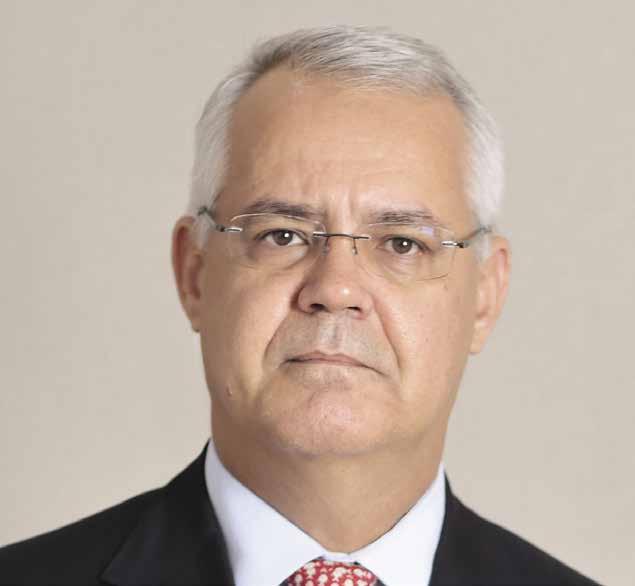TEMA DE CAPA
MARIANA BRANQUINHO DA FONSECA, BOARD MEMBER PWN LISBON
O ESTADO DA ARTE DA DIVERSIDADE QUE BENEFICIA, MAS (AINDA) INTIMIDA T H E S TAT E O F T H E A R T A S R E G A R D S D I V E R S I T Y H A S B R O U G H T B E N E F I T S W I T H I T, B U T ( S T I L L ) I N T I M I D A T E S
N
o contexto do Gender Equality Awards 2020, evento internacional icónico que contou recentemente com a Professional Women’s Network Lisbon (PWN Lisbon) como parceiro estratégico em Portugal, foram anunciados os resultados do Gender Diversity Index 2020 (GDI), estudo que analisa a representatividade de género nos conselhos de administração e nos cargos executivos das maiores empresas europeias. Nesta que foi a segunda edição do estudo, o universo de empresas analisadas foi alargado para se garantir uma representatividade mais europeia. Assim, às 600 empresas cotadas no STOXX Europe que representam 12 países europeus, foram acrescentadas as empresas cotadas nos índices de mais 6 países, nomeadamente Áustria (ATX), Irlanda (ISEQ20), Luxemburgo LUXx), Polónia (WIG), Portugal (PSI20) e República Checa (PX). Os resultados obtidos evidenciam uma evolução positiva, embora lenta, relativamente à igualdade de género para a generalidade dos países, incluindo Portugal. E porque o estudo continua a expor grandes disparidades quando se observa individualmente cada país, continua também a ser imperioso que nos debrucemos sobre a massa de que é constituída a liderança e as tendências para uma (des)igualdade de oportunidades no acesso a cargos de gestão de topo, decisivos. As empresas cotadas em bolsa da Noruega, França, Reino Unido, Finlândia e Suécia estão mais próximas de uma liderança equilibrada, com as mulheres a assumirem funções de grande responsabilidade. As
50
I
n the context of the Gender Equality Awards 2020, an iconic international event that recently included Professional Women’s Network Lisbon (PWN Lisbon) as a strategic partner in Portugal, results of the Gender Diversity Index 2020 (GDI) were announced, a study that analyses gender representation on the boards of directors and executive positions of the largest European companies. In this second edition of the study, the range of companies analyzed was expanded to ensure a more European representation. Thus, listed companies from 6 more countries were added, e.g. Austria (ATX), Ireland (ISEQ20), Luxembourg LUXx), Poland (WIG), Portugal (PSI20 ) and the Czech Republic (PX), to the initial 600 companies listed on STOXX Europe representing 12 European countries. Results obtained show a positive evolution, albeit slow, as regards gender equality in most countries, including Portugal. And considering that this study still points to wide disparities when looking at each particular country, we should therefore focus on the gross figures regarding leadership and the trends towards (un) equal opportunities in access to management positions, a factor that plays a decisive role in this context. Listed companies in Norway, France, the United Kingdom, Finland and Sweden are closer to balanced leadership and women perform highly responsible roles in these countries. Companies in Poland and the Czech Republic, for their part, are far from achieving a desirable and expectable (Texto escrito ao abrigo do novo acordo ortográfico)



















